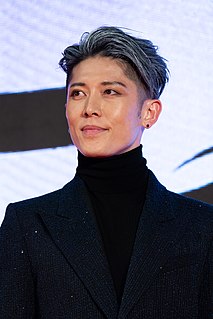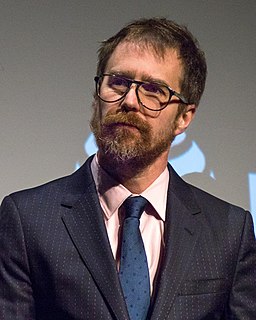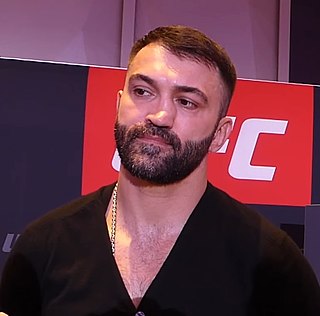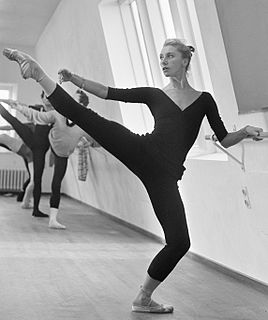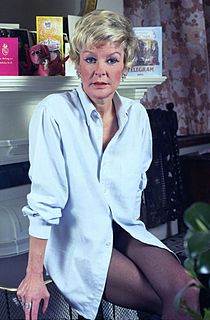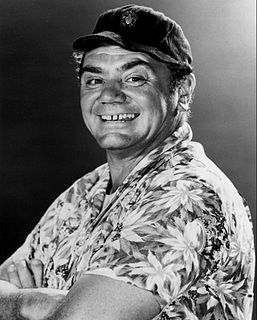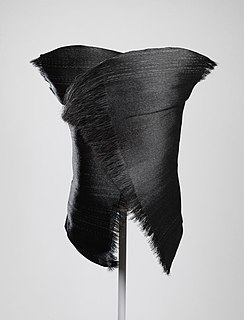A Quote by Miyavi
Sometimes I just rely on technique on stage, but it's not about technique. It's about how much you want to deliver the message to the audience. That's all.
Related Quotes
My technique is laughable at times. I have developed a style of my own, I suppose, which creeps around. I don't have to have too much technique for it. I've developed the parts of my technique that are useful to me. I'll never be a very fast guitar player. I don't really know what to say about my style. There's always a melodic intent in there.
I can feel how an audience is reacting when I'm on a stage, but when you are on stage, your perception is distorted. That's something you just have to know. It's like pilots that fly at high Gs and they lose, sometimes, consciousness and hand/eye coordination and they just have to know that that's going to happen. They have to be trained to not try to do too much while they are doing that. So when you are on stage, you have to be aware that you are wrong about how it feels a lot of times.
I think sometimes when people start doing improv there's some regression towards trying to replicate the "good" improvisers that they've read about in their improv books or heard about from their teachers. That's understandable, because they're trying to learn technique and stuff, but I actually think that my favorite performers are ones who have unique improv technique but also have a unique point of view that you can feel with them and their performances.
Making clothing is not just about the application of style and technique. At some stage, you want to experiment with new materials, or experiment in making materials. When you have a material to yourself, you get to make something totally new based on how that material acts. The access afforded by this tannery pushes you beyond your comfort or knowledge zone of hue and texture, forcing you - the designer - to think about how that flat plane will act when it enters the third dimension.
